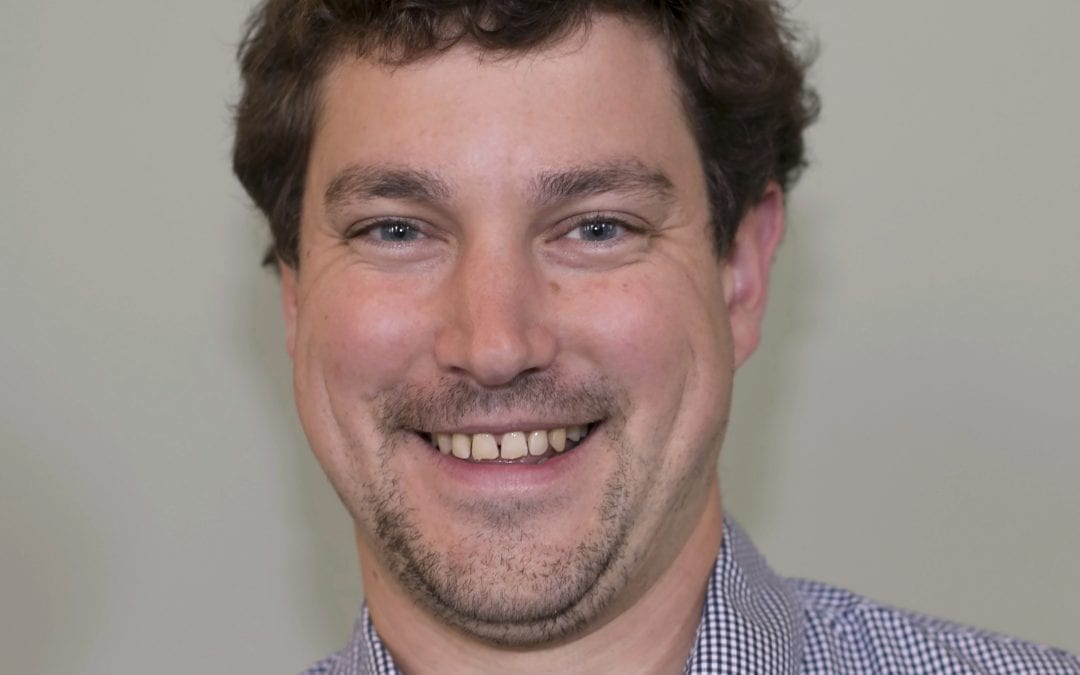Space has a big influence on Joe Cialdella. He finds himself gravitating to work, research and opportunities to explore connections to the environment around him. Hailing from Kalamazoo, he came to Michigan as an undergraduate in the Residential College (RC). “While there, I took some class trips to Detroit and explored urban gardening and land use there, and it sparked an interest in wanting to explore the city’s landscape more fully from a humanities-based perspective.”
He also studied ceramics in the RC, which first allowed him to explore the artistic and visual elements of urban life. Once in graduate school, he began to focus specifically on the cultural meanings parks, nature and open space have had in Detroit over time. “Exploring how people exist with nature in their environment is intriguing. From planned public parks like Olmsted’s Belle Isle, vacant land used by impoverished residents to grow vegetables, historical gardens of African Americans to the suburban Metroparks – the creation of parks, gardens, public use, and landscapes have broad cultural implications.”
Joe’s dissertation focuses on urban environmental history in Detroit from the 19th century to present day. “Although I'm in the Department of American Culture, where we tend to draw on multiple fields of study, I'd say my specific field is environmental history – the study of how humans and nature have shaped the environment/landscape over time and across space.” A large chunk of the funding to do the archival research in Detroit was funded by a Rackham Research Grant.
The work he does informs his non-academic life as well. Joe has actively pursued opportunities outside the academy proper that allow him to explore projects connected to his interests. Through the Rackham Museum Studies Certificate, Joe interned at the Smithsonian Institution in Washington DC where he helped the Archives of American Gardens develop a digital archive and public programs related to the history of community gardens.
Ready to apply his historical skills in a different direction, he and a team of graduate students applied for a Rackham Arts of Citizenship Grant in Pubic Scholarship. With this grant, the U-M graduate students re-wrote the National Historic Landmark Nomination Cliveden Historic Site in Philadelphia, the colonial-era summer home of Benjamin Chew, owner of a number of mid-Atlantic plantations. “Often historic landmark nominations are not connected to social history, but we tried to tie both pieces together.” The previous landmark designation reflected only the architecture of the house and historic battle that took place there, without the history related to slavery and domestic servitude that was a significant part of the building’s past. They participated in a “Cliveden Conversation,” a public program intended to make the nomination process more community-minded and inclusive of the now largely African American community. “It helped to make the process of doing history transparent for residents, local historians, and public professionals to see how the site is being re-interpreted. It became a conversation regarding the living history of the house.”
These engagements have added depth and breadth to his graduate studies. “Dissertation writing is such independent work; I really enjoyed the collaborative environment of these projects. It gave a name to many of the skills I have and a different way to think about my work. It was a nice balance to my dissertation and will help me find a career in museums and the public humanities.”

